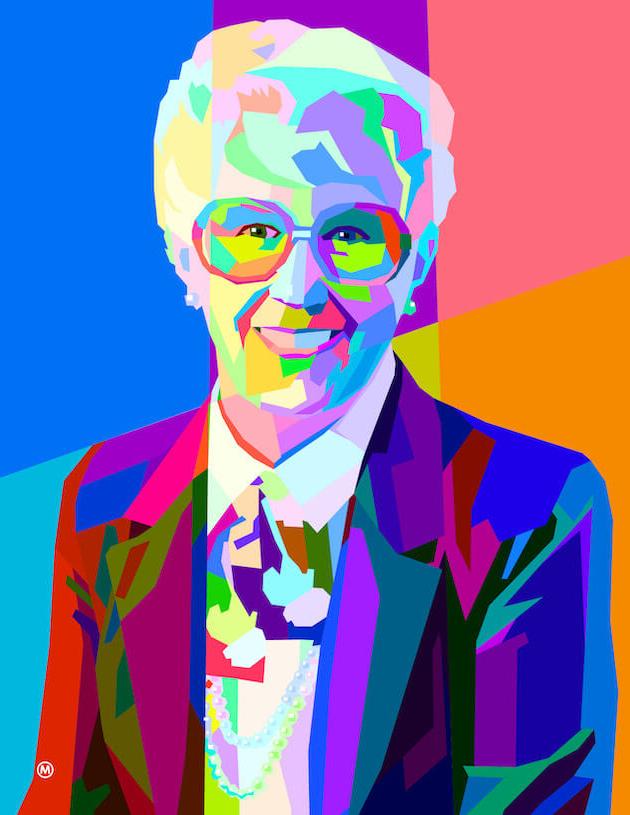American nurse (RN, PNP). Cofounder of the first pediatric nurse practitioner program. Founding dean of the University of Rochester School of Nursing.

Many people believe the myth that the role of nurse practitioner came about due to a shortage of medical doctors. That’s not quite accurate. It’s true that few doctors cared to practice in rural communities or treat the underprivileged, but Loretta Ford didn’t set out to fill some void in medicine. She aimed to help children and families in need.
To that end, Ford and her nursing team went to help in remote areas. They set up temporary clinics in schools and churches and offered basic health care to the community.
Ford went on train her nurses so they could make independent medical assessments and recommendations. These steps were unprecedented—and even controversial—at the time.
Ford’s actions resulted in the first-ever educational program for advanced nursing and the creation of a new role in medicine: the nurse practitioner. This is a role now integral to medical teams everywhere.
“Now, you will see [it claimed] that the nurse practitioner came into being because there was a physician shortage. Well, I can tell you there was nothing further from my mind than to make up for the deficiencies in medicine. We were interested in the care of children.”
—Loretta Ford
Ford was born in 1920, and began her career as a nurse’s aide at the age of 16. She worked at Middlesex General Hospital in New Brunswick, New Jersey.
Ford entered the nursing program when she turned 18 and received her diploma in 1941. She then joined the Visiting Nurse Service of New Brunswick, but soon thereafter, her fiancé was killed in World War II. Moved by this tragedy, Ford joined the US Air Force and served her country for three years.
After the war, Ford attended the University of Colorado on the GI Bill. She achieved her bachelor’s degree in nursing in 1949, a master’s degree in public health in 1951, and a doctorate in education in 1961. During her doctoral studies, Ford became an assistant professor at the University of Colorado School of Nursing in Denver, later advancing to full professor.
Ford teamed with pediatrician Henry K. Silver to create the first pediatric nurse practitioner training program at the University of Colorado Medical Center in 1965.
At a time when doctors did not welcome or appreciate input from nurses, Ford was met with considerable resistance and criticism in the medical community. However, she saw her first 12 nursing students thrive with new interest and enthusiasm. Trusting the program could only benefit and improve patient care, Ford and Silver published these findings and pressed on to create a full educational curriculum for nurse practitioners.
In 1972, Ford became founding dean of the University of Rochester School of Nursing and director of the nursing service at the University hospital. She bridged these two disciplines to create the “unification model of nursing,” a program that combines education, research, and clinical practice to form a more holistic approach to nursing and health care.
Ford thus succeeded in establishing the nurse practitioner as an integral part of medical teams. Working in conjunction with doctors and other health care providers, nurse practitioners offer medical assessments, diagnostic testing, medication, and support to their patients.
Ford changed the face of medicine, bringing greater respect and appreciation to the critical role of nurses and nurse practitioners and to the nursing profession as a whole.
Awards and Honors
- Living Legend Award from the American Academy of Nursing
- Gustav O. Lienhard Award from the Institute of Medicine National Academy
- Loretta C. Ford Education Wing of Helen Wood Hall
- National Women’s Hall of Fame inductee



